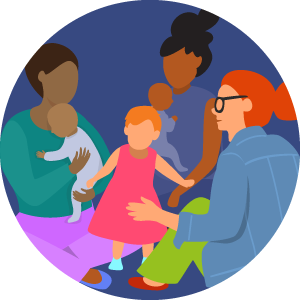
Maternal health during the winter season: what to know and how we can support those who recently had a baby.
The cold and gloomy weather of January can be tough on anyone, but it can be especially tough for people who recently had a baby. With all the changes that come with having a newborn, less sunlight and more time indoors can increase a new parent's risk of developing symptoms of postpartum depression.
Knowing what signs and symptoms to look for can help people recently pregnant recognize when they need support, and it can prompt friends and family to seek support for a loved one too. Let's talk about some of the struggles people who recently had a baby can face and what resources are available to provide support, guidance, and tips for better maternal health.
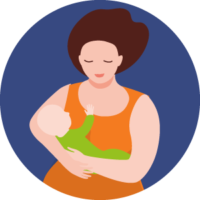
What struggles can someone who recently had a baby face?
First off, it’s important to remember that having a new baby can be tough both physically and emotionally. It's not uncommon for people who recently had a baby to feel tired, overwhelmed, or stressed from a change in their routine. However, some people may experience hormonal changes after giving birth that affect their mood and overall well-being — like "the baby blues."
The "baby blues" are very common and symptoms often include sadness, irritability, restlessness, anxiety, and fatigue. These symptoms usually occur within the first two to three days after giving birth, but typically get better within a few weeks. If symptoms persist or worsen over time though, a new parent might be experiencing postpartum depression.
Postpartum depression is often long term and can affect a person's ability to go about their day-to-day activities. Symptoms are often severe and include crying more often than usual, withdrawing from family and friends, loss of appetite or eating more than usual, and hopelessness or guilt that you are not a good parent.
Check out the chart below to learn more about the signs and symptoms of the baby blues and postpartum depression. Some people may experience only a few of the symptoms listed, while others may experience many of them. It's important to speak to your doctor if your feelings do not resolve or if you feel they are worsening. Remember, one in eight women will experience postpartum depression after welcoming their little one, so you’re not alone if you’re experiencing similar symptoms.
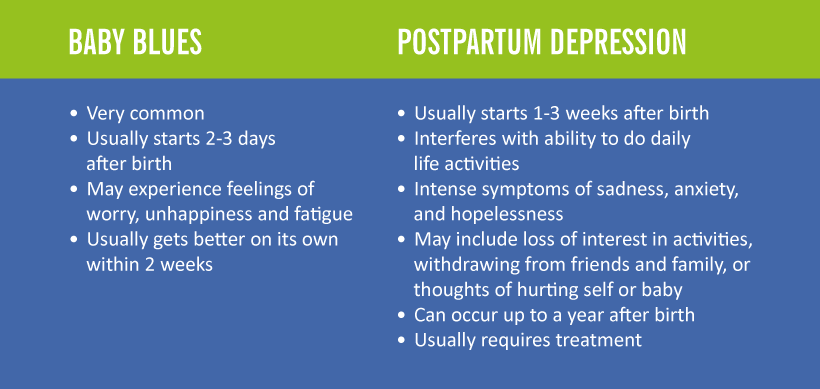
Content provided by CDC.
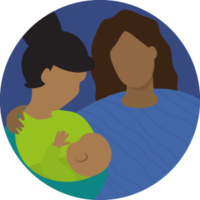
What resources are available?
It's important to know what resources are available for people who recently had a baby. They can be a helpful tool for those who might need support or someone to talk to. You can also find tips for navigating feelings of postpartum depression. Learn more and find a list of resources at: Depression Resources - Reproductive Health | CDC
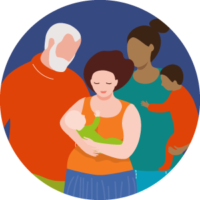
How can I support someone who recently had a baby?
Everyone in our community can help support someone who recently had a baby. Having a baby comes with its own unique set of challenges, so being surrounded with a support system can go a long way. You can prepare a homemade meal for them, offer to babysit for a few hours so they can rest and relax, or run errands for them.
You can also take time to check in with them to see how they're doing and ask if there's anything you can do to help support them. As the saying goes, it takes a village to raise a child! And by offering help and support, we can all take part in caring for the newest members of our community and their families. To learn more about postpartum depression in people who recently had a baby, visit: Depression Among Women | CDC.
